Science Shop
Advertisement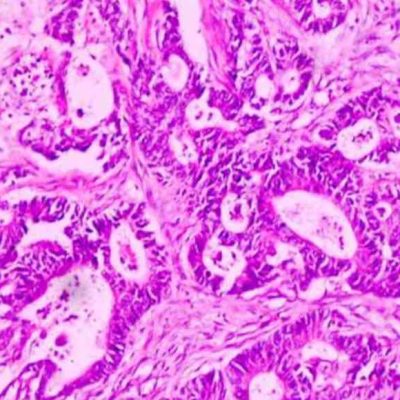
Antidepressants inhibit cancer growth.
- By Geert Devenster
- . September 29, 2021
The “happiness hormone” serotonin has been found to promote cancer growth, according to a study by researchers at the University of Zurich. While serotonin is

Mask mandate reduces school infections.
- By Geert Devenster
- . September 28, 2021
Two studies from the United States have shown that mandating masks for teachers and students in schools significantly reduces infections with SARS-CoV-2. The issue of
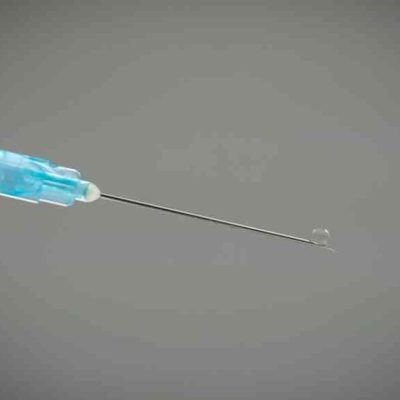
Vouchers Boost COVID-19 Vaccination Willingness
- By Geert Devenster
- . September 28, 2021
In order to prevent a potential fourth wave of the Covid-19 pandemic, experts say that a vaccination rate of 85% among 18-59 year olds and
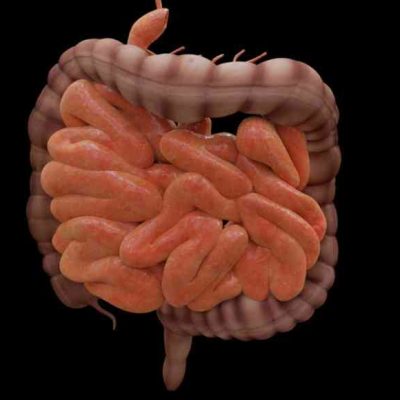
Men’s higher colon cancer risk partially unexplained.
- By Geert Devenster
- . September 28, 2021
Men have almost twice the risk of developing colon cancer compared to women, despite known risk factors only partially explaining this disparity. Hormones may be

WHO tightens nitrogen oxide limit
- By Geert Devenster
- . September 28, 2021
The World Health Organization (WHO) has recently updated its recommended limits for fine particulate matter and nitrogen oxides, marking the first time in 15 years

Patch enables needle-free vaccination
- By Geert Devenster
- . September 27, 2021
A revolutionary new patch with microneedles has been developed that allows for pain-free vaccinations without the need for a traditional needle. Researchers at the University

COVID-19 Reduces Life Expectancy Like WWII
- By Geert Devenster
- . September 27, 2021
The Covid-19 pandemic has had a significant impact on life expectancy in many countries, including Germany. However, the most significant decline has been observed in
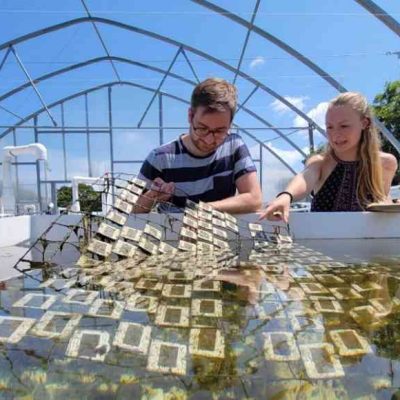
Sunlight breaks down plastic into thousands of compounds.
- By Geert Devenster
- . September 25, 2021
A new study by the University of Basel has revealed that the majority of mercury in the oceans comes from gas exchange, rather than contaminated

Smoking Protects Against Covid-19?
- By Geert Devenster
- . September 25, 2021
A new study from the University of Hiroshima has shed light on the paradoxical phenomenon that smokers are less likely to contract COVID-19, but more
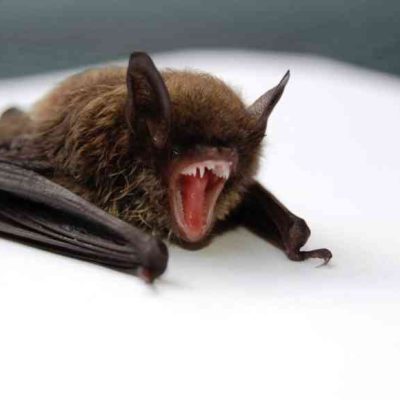
Related viruses found in Laotian bats
- By Geert Devenster
- . September 25, 2021
Newly discovered viruses in Laotian and Chinese bats have been found to be the closest relatives of SARS-CoV-2, providing further evidence that the coronavirus has









